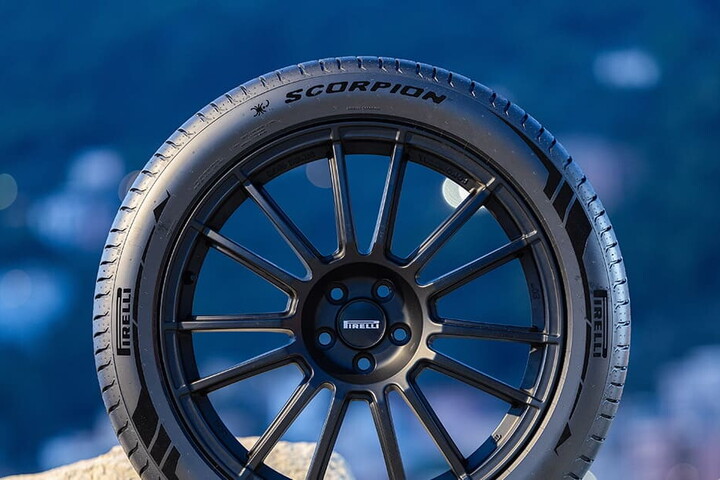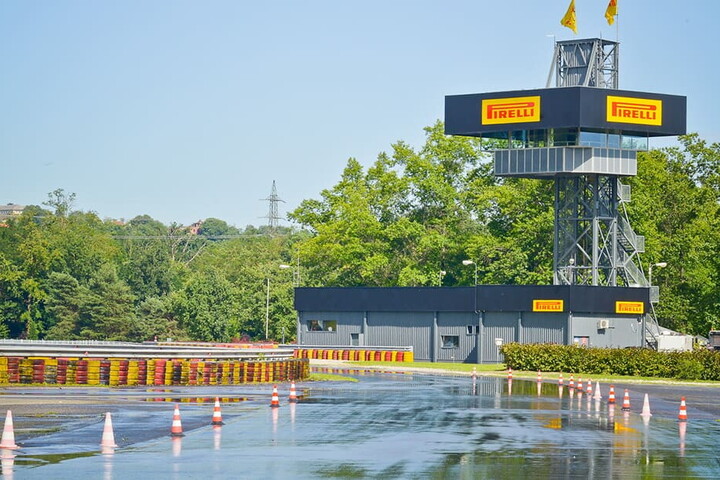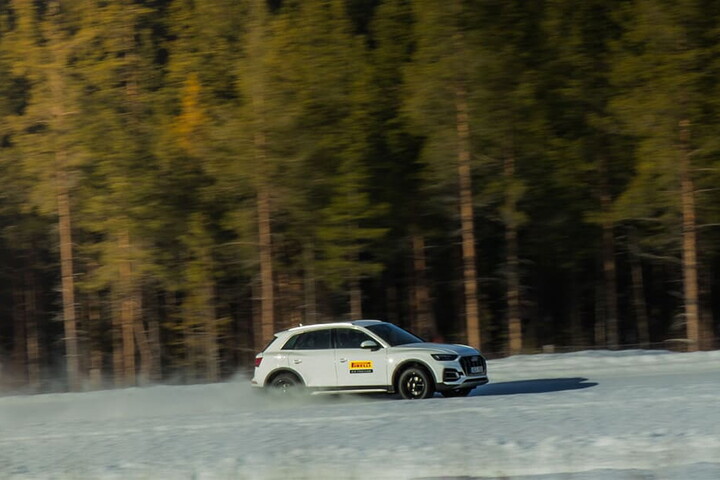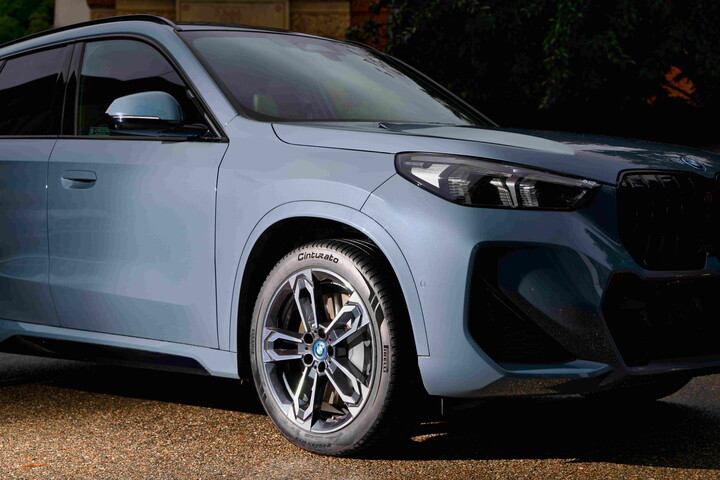When the time comes to replace your car's summer or winter tyres, it is increasingly common to consider the four-season option. All-Season tyres are a convenient alternative, but they are not always practical. The choice depends on driving style, the type of car and the use made of it. In some circumstances the answer is not so immediate, and we find ourselves faced with the question: so, can I or can't I? There are no categorical rules, but there are general guidelines, and it is best to follow them to avoid having safety problems and not incurring sanctions. Here is a list of practical situations in which it is advisable or not to opt for the four-season solution.
Can I choose All-Season tyres…
…what about if I live in areas where it often snows or if I go skiing every Sunday?
YOU CAN'T. Using the car in ski areas in winter is a typical situation in which it is not recommended to choose All-Season tyres. This is because, if the latest generation All-Season tyres have the 3PMSF marking, which guarantees their safe use even on ice and snow, it is better to rely on specialized tyres, therefore winter tyres, if you often drive in these conditions.
…what about if I live in the mountains but never drive in the snow?
IT DEPENDS. Do you live in a mountainous area where, for a few years now, snowfall has been more sporadic and less abundant? Are there already other cars in the house with winter tyres, in case of need? If you are not in the habit or do not need to take the car when the roads are white, even if you live in these places, it is possible to fit All-Season tyres. But if the risk of snow is frequent, it is always better to turn to winter ones.
...what about if I live in the city and use the car mainly for short trips?
You CAN. All-Season tyres are the ideal solution for people who travel especially in city environments and do not travel many kilometres. They will only rarely find themselves driving in critical conditions or ones in which they will need high-performance tyres. In this case the all-season is the most functional option, which allows you to avoid the double winter/summer tyre change with all that entails (such as an appointment at the tyre dealership during periods of greater demand or the need to properly store the unused set).
… what about avoiding keeping chains on board?
You CAN. In many countries, tyres with the M+S (mud + snow) marking, including All-Season tires, make it possible to comply with the regulations even on snowy roads, and therefore do not require the use of chains. However, for better grip on ice and snow it is always better to choose All-Season tyres that also have the 3PMSF (three-peaked mountain with snowflake) symbol: this marking indicates that the tire has passed approval tests in winter conditions more critical.
…what about if I have a high-performance car?
YOU CAN'T. Better not: for sports cars and high-performance SUVs, it is preferable to choose the double set of winter/summer tyres, capable of enhancing performance and maintaining control of these cars. Having said that, to make the choice that best suits your lifestyle it is always worth taking into consideration the type of use you make of the car and in what conditions.
…if I travel for more than 25.000 kilometres per year?
YOU CAN'T. All-Season tyres were created to give drivers the peace of mind of always being safe by using a single product capable of managing even in very different road and weather conditions. But if a person is used to covering long distances, both in the summer and in the cold, then it makes more sense to opt for seasonal tyres: in this way, they will have a specific product that can work best throughout the entire usage window, including the most extreme situations that you are most likely to encounter during the year.
…what about if I drive an off-road vehicle and often use it on dirt or mountain roads?
YOU CAN. In most cases, specific off-road tyres, characterized by a tread with large, deep blocks that make them suitable for even the most uneven terrain, are intrinsically All-Season tyres. However, they are not specifically made to deal with severe winter conditions: if there is no 3PMSF marking, it is better not to use them for driving on ice and snow.
…what about if I own a car but drive it very rarely?
YOU CAN. When you leave your car locked in the garage for a long time, the temptation to avoid a seasonal tyre change is strong. But it's always a good idea to be ready in case you need to drive in the cold. So, a set of All-Season tyres is fine, but don't forget to arrange for periodic checks at the tyre dealership to ensure that you always drive in optimal conditions. Finally, you must always take into consideration the primary use of the car: if yours is always locked in the garage and you only use it to go to the mountains, then it may make more sense to choose the winter one.




